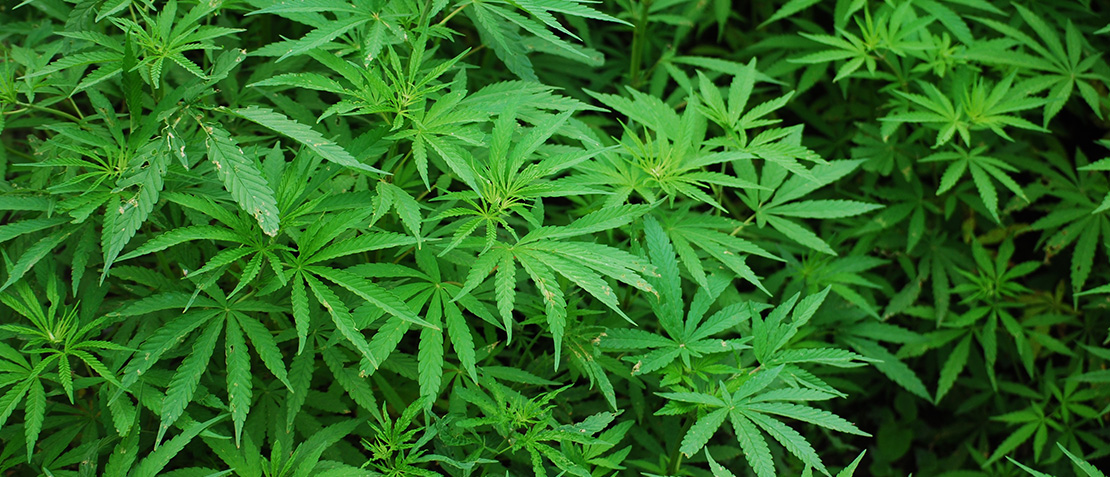July 14, 2023
If you currently make and/or sell hemp-derived edibles containing THC pursuant to Minn. Stat. 151.72, you will not be able to operate under that law starting on March 1, 2025 (unless that date is changed). So the question becomes what do you need to continue to operate your business.
Fortunately, while a cannabis manufacturer cannot be a cannabis retailer and vice versa, the same is not true for lower-potency hemp edible retailers and manufacturers. Because you are dealing in lower-potency hemp edibles, the law has carved out the ability for you to obtain both a lower-potency hemp edible retailer and manufacturer license.
The change from Minn. Stat. 151.72 to Minn. Stat. 342.45 and 46, will not be seamless – there are certainly differences in how the law currently treats hemp-derived edibles and how the law will treat these types of products after March 1, 2025. Some of the differences, however, include additional rights for licensees. For example, under 151.72, the only retailer that can sell hemp-derived edibles for on-site consumption are retailers that hold an on-sale liquor license under Minn. Stat. 340A. Under 342.45, however, it appears that an on-sale liquor license may not be required (although it is still gray).
Once full licensing kicks in, the law will allow lower-potency hemp edible retailers to obtain on-site consumption endorsements, but it seems that – while a license under 340A will result in granting an on-site consumption endorsement – a license under 340A is not necessarily a pre-condition to on-site consumption. The law, for example, states that the Office of Cannabis Management “shall issue an on-site consumption endorsement to any lower-potency hemp edible retailer that also holds an on-sale license issued under chapter 340A.” Minn. Stat. 342.46, Subd. 8(b). Notably, however, the law does not seem to make ownership of a license under 340A a prerequisite to obtain on-site consumption endorsements.
Moreover, currently, under 151.72, on-site consumption is restricted in the sense that the product has to be served to the customer in an enclosed package that complies with all labeling and packaging requirements. In the future, however, on-site consumption may be permitted even if served outside of its package (e.g., from a tap) so long as the information that must be on a label is posted or otherwise displayed by the retailer.
Long story short, if you currently operate a business making and/or selling edibles containing hemp-derived THC, in the future, you will likely want a lower-potency hemp edible manufacturer license and a lower-potency hemp edible retailer license. That said, there may be other licenses more appropriate for your needs, including a microbusiness or mezzobusiness license. Ultimately, you need to start planning for the future and determine what type of license or licenses you will want to obtain when licensing kicks in. This way, you can take steps to plan for compliance and develop standard operating procedures in advance of licensing. It will also help determine what you need to do in order to obtain a license and what may result in disqualification from owning a license.
To discuss future plans, you should contact a Minnesota cannabis law attorney. Reach out to us at 612-259-4806
